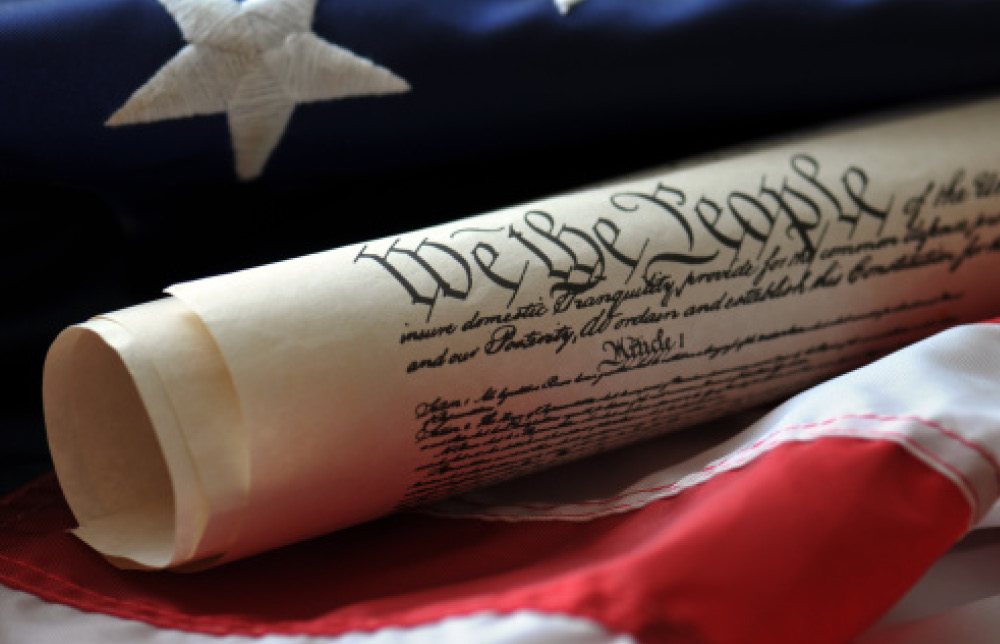On July 2, 1964, President Lyndon Baines Johnson signed the Civil Rights Act of 1964 into law. The law, which was a landmark protection for civil rights and labor law in our country outlawed discrimination based on race, color, religion, sex, or national origin.[4] It prohibits unequal application of voter registration requirements, racial segregation in schools, employment, and public accommodations. President Johnson had a special passion to ensure the bill’s passage. That passion was borne out of his time as a teacher.
When Johnson was in college, he had to take a brief leave to earn money to afford his tuition. Ironically, the time away from his studies was perhaps his life’s greatest educational experience. He took a job as a teacher in Cotulla, Texas, educating 5th, 6th, and 7th graders. The school’s students were predominantly Mexican-American. There, for the first time, he saw the depths of poverty and racism. Johnson himself grew up poor, but he was shocked to when these children dove into garbage cans to get remnants of food, or not show up for school because they had to join their fathers in the fields to pick fruit. Johnson became a passionate teacher, and would even visit his student’s homes to plead with the fathers the importance of education and school attendance.
His experience stayed with him throughout his life and political career. When he inherited the presidency from John F. Kennedy, he brought a single-minded focus and legislative skills that his predecessor lacked. The former ties directly back to his time as a teacher. In 1965, while addressing Congress to support the Voting Rights Act, he looked back on his time at Cotulla and issued a forceful promise to the assembled lawmakers. “You never forget what poverty and hatred can do when you see its scars on the hopeful face of a young child. I never thought then…I might have the chance to help the sons and daughters of those students, and to help people like them all over this country. But now I do have that chance. And I’ll let you in on a secret–I mean to use it.”
Johnson’s determination was instrumental in passing the bill. That determination was the fruit of his time as a teacher. Time magazine noted how one African-American child had gone to a barbershop the day before bill’s passage and was told the shop was segregated and he couldn’t be serviced. The day after the bill was signed into law by Johnson, the same child returned to the same shop and asked the same barber for a haircut. The barber happily invited him to take his chair. The kid hopped onto the seat, the barber cut his hair, the child paid his money, and the barber gave the boy a lollipop.
That is just one small example – along with opportunities in education, employment, and accommodations – how the Civil Rights Act of 1964 changed American society for the better. And it all stems from a teacher wanting to take care of his students and country.
Are there ways you also can help within your own community? Absolutely! You can continue your first passion by teaching students through volunteer tutoring, or discover new passions by getting involved with organizations that service your community such as Meals On Wheels or local food banks. You can find volunteer opportunities through your organization. Every gesture helps and if you feel inspired and fulfilled by contributing, all the better! Just as LBJ showed, helping others in need is what makes America great!


